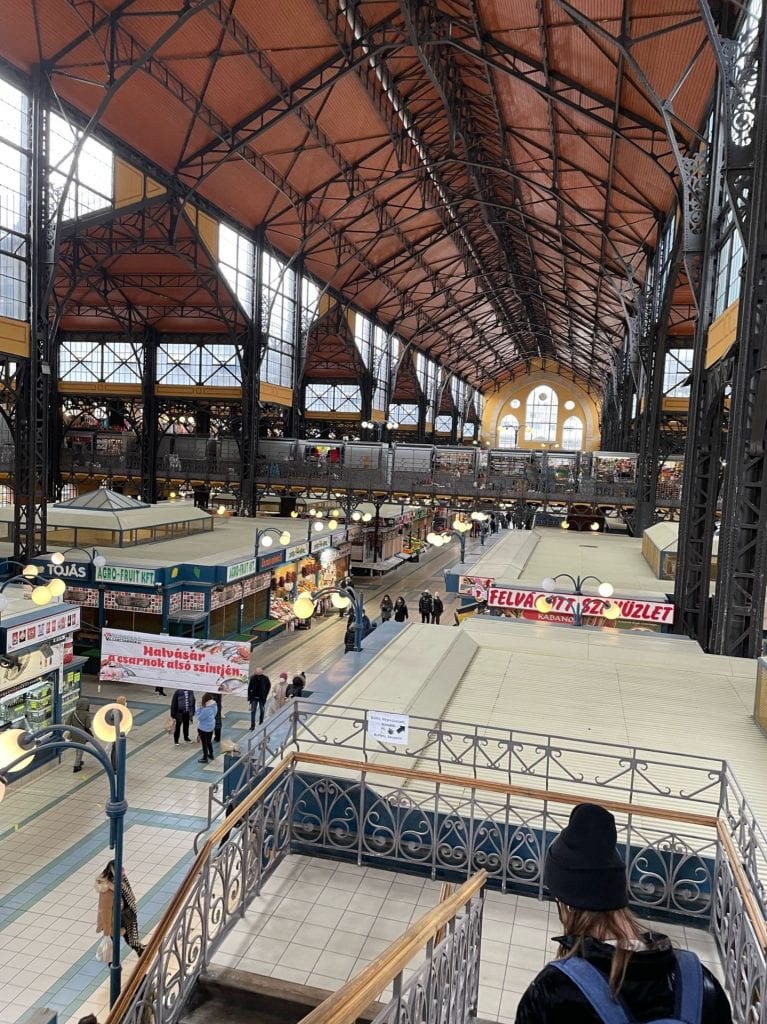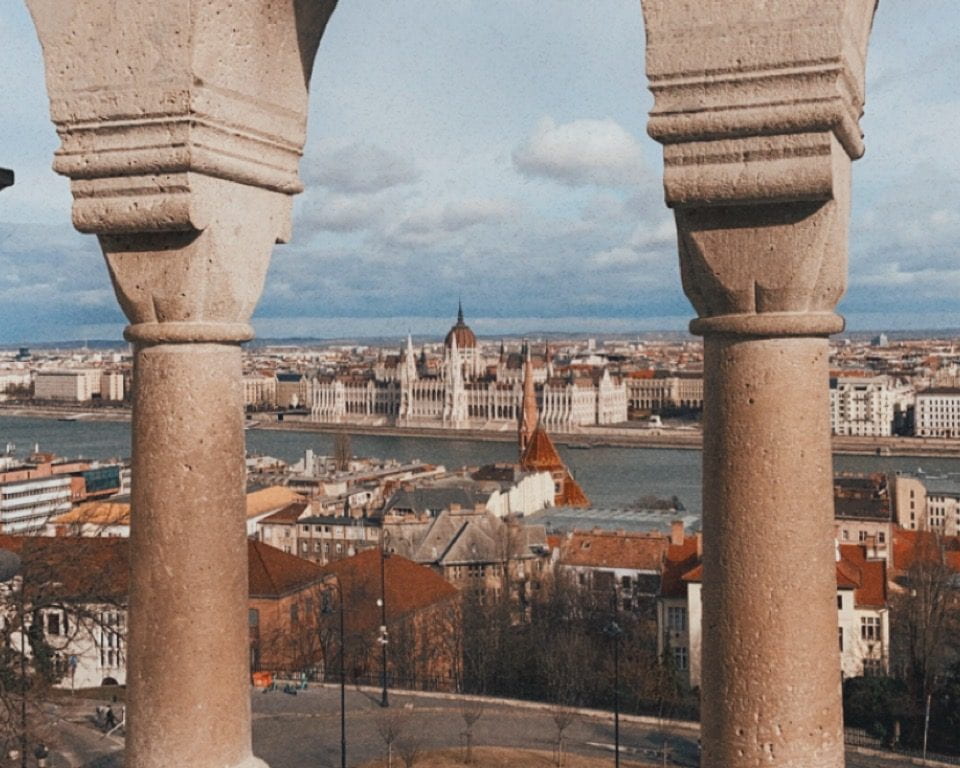Szia,
Being roughly a month into studying abroad now there are many cultural, language, and societal aspects that I have picked up that I did not expect to encounter living in Budapest, Hungary. To start, the language Hungarian, or Magyar, is different than any other language in the world and known as the 4th hardest language to learn as an English speaker. It is a 40 letter alphabet that has different pronunciations, sentence structure, and no correlation to English words. However, due to Hungary being such a small country everyone that lives in Budapest speaks English very well and has no issue switching over once they realize you do not speak the language. With the cities Central location in Europe it also serves as a hub for International Erasmus students looking to study abroad. In any one day you can talk with someone from the Netherlands, Turkey, France, England, Romania, Russia, Ukraine, ect.. Luckily for me, English is the common language used to communicate across different language barriers.

As for culture, Hungary has a very expansive cultural background that we have been able to explore through our Affiliate program AIFS. One of the classes I am taking is all about the history of Budapest through the city so we see local sites and learn the background of how everyday people live versus the average tourist. I have been able to do a food tour through the Central Market Hall with a Hungarian guide. We had Gazda Pasztor which is smoked sausage, Langos which is a fried pastry with sour cream, garlic, and cheese, and specialty paprika (which is loved in Hungary). Prices in Hungary are very cheap, for average groceries you can get 3X the amount that you will in the states for the same price. The average meal out is between 900 and 3000 Forints which is from $3 – $10 on the expensive side. Being able to live fairly cheap lets me do things like go to the thermal baths or do cruises down the Danube River. AIFS also took us to see a Hungarian folk concert as well as walking tours of the city. Since they just received their freedom from the Soviet Union in 1989 the citizens are very proud of their culture and how resilient they have been as a community. You can see this in daily interactions with the native Hungarians with how happy they are to be in their country and see how they have brought change over the years.
Egészségére,
Troy

